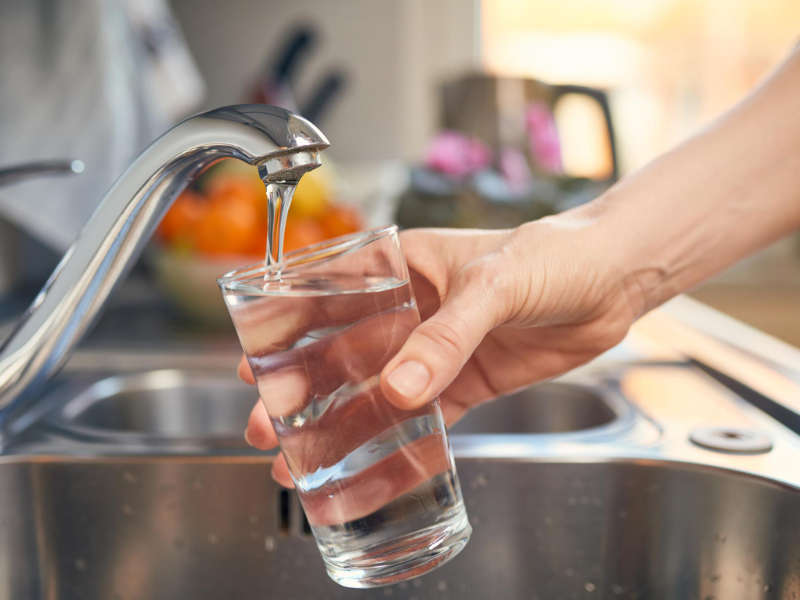Water Softeners.
Water naturally has a plethora of minerals, the percentage of the minerals within the water then determines the proverbial “hardness of the water”, with some of the minerals being calcium and magnesium. Water softeners are implemented to soften water through a process called ion exchange.


1. Why Soften Hard Water ?
To modern homes, hard water is problematic, not from just damaging your water piping and appliances building up lime scale, that reduces the life span of appliances such as kettles, washing machines and ice machines and other water plumbing setups by clogging and decreasing the water pressure, in worse cases, the pipe could start corroding, and pieces of the corroded material ends up in your drinking water, which could lead to lead poisoning. Other side effects can be seen by lifeless hair and dry itchy skin as soap is not as effective, needing double the amount to lather and bathe, same as laundry needing double the detergent to ensure a proper clean.
Without a water softener, daily cleaning chores will require more attention, washing dishes, to the scum build up in the shower requiring more cleaner fluid, and effort and time. Daily use is detrimental and ensures the need to replace pipes and appliances way earlier than their warranty would have been placed. Only a water softener can be the solution of this major predicament, hard water.
2. What is hard water and how is it softened

Hard water is water that contains a high level of minerals, predominantly calcium, magnesium, manganese,and zinc with many others in varying quantities, due to the chemical structure of the water the minerals can bond with other metals. Associated with hot water, limescale is produced when hard water evaporates, left behind is a white, pasty residue that grows harder the more it accumulates on a surface, notably found in kettles: on the elements and at the bottom, shower heads and on taps but it is also found in interiors of appliances and pipes.
With the use of a water softener filter system, this will remove excess calcium and magnesium from the water, leaving you with soft water for use flowing through your pipes. Preventing damage to your appliances and pipes and your skin.
3. What are the components of a water softener?
The main components consist of three parts, the mineral tank, a control valve, and a brine tank.
4. How does water softener regeneration work?
Water softener regeneration is a cycle of recharging the resin beads to remove the water hardness material buildup, as these can be used for a long time but the buildup of the minerals can impair the efficiency of the softening.
There are two types of regeneration cycles and is determined by the type of water system is in use:
Co-current regeneration cycle
With this system, the brine solution flows from the top of the tank to the bottom, flowing towards the resin beads for an ion exchange. The brine solution will cause the beads to release the collected magnesium and calcium ions and exchange them for sodium ions. This regeneration cycle has the most charged beads at the top and requires a lot more water and salt.
Counter-current regeneration cycle
With this cycle, the water flows from into the tank from the bottom of the mineral tank, the solution is pushed in from the bottom, charging the beads and due to the bottom beads normally being less depleted, this regeneration cycle will use less salt and water.
5. How do you know you need a water softener?
You can use a simple test; fill up a bottle with water, add a couple drops of liquid soap and shake aggressively for a couple of seconds. A stated, hard water will not produce as many bubbles, so if the bubbles are not as fluffy or a lot, your water is hard.
Other things to check out for:
- 1. A buildup of scum in the shower, curtains, screen and walls.
- 2. Laundered clothes remain stiff
- 3. Uncomfortable dry skin after taking a bath
- 4. Dull hair after a wash
- 5. Buildup of lime scale on taps and shower head
6. Is softened water good for you?
To those prone to skin irritations and other conditions like eczema and psoriasis, softened water is great to help you attain softer, healthier skin and shiny hair as well. Softened water due to the process of softening will have more sodium, which can cause health problems such as high blood pressure, but with the proper setup, one can add a filter to remove the sodium.
